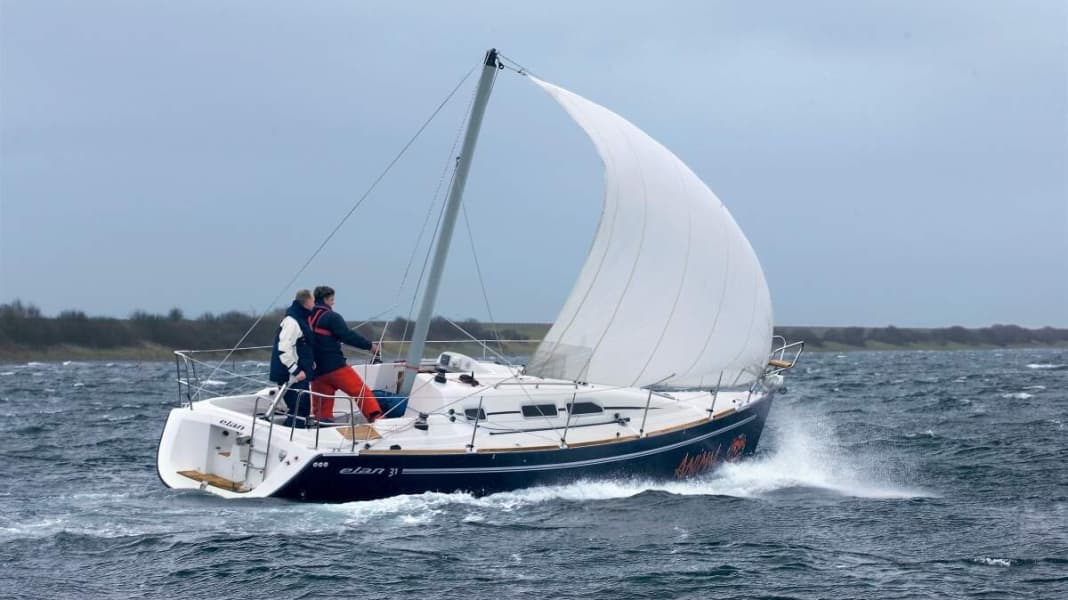
Travel health insurance
Covers costs incurred in the course of medical treatment while travelling abroad that are not covered by domestic health insurance. Those with private health insurance usually do not need it, as their insurance cover usually also extends abroad.
Occupational disability insurance
Private cover in the event that the insured person is no longer able to work as a result of an accident or serious illness.
Boat liability insurance
Covers property damage and personal injury caused by the skipper or crew to third parties. The sum insured should be at least four million euros as a lump sum. It is important that damage caused by crew members to each other while sailing is not excluded from the policy. There are favourable policies for dinghies.
Hull insurance for boats
Covers damage to your own ship, accessories and personal effects as a result of fire, theft, grounding, collision, mast breakage, vandalism, storm, etc. Exclusions are possible. For dinghies, only a special form, total loss insurance, usually makes sense.
Charter cancellation insurance/consequential loss insurance
Protects the charter crew against claims from the fleet operator if the chartered ship is damaged during the voyage and is therefore not available to a subsequent crew or not available in time. The term charter cancellation insurance is not actually correct in this context, as it is actually insurance for the fleet operator to protect them against loss of income if a charter is suddenly cancelled. Nevertheless, the term cancellation insurance is often used as a synonym for consequential loss insurance.
Charter bond insurance
Protects the crew from losing the deposit if the charter vessel is damaged during the voyage.
Passenger accident insurance
Similar to a car, it protects fellow sailors from financial burdens resulting from an accident on board. Before taking out a policy, it is essential to check whether the journey to the ship and shore leave during a cruise are also covered by the policy.
Private liability insurance
It pays out if injured third parties assert justified claims against the insured person. Damage resulting from owning your own boat is usually not covered or only covered up to a certain boat size.
Private accident insurance
Protects the insured person against the financial consequences of an accident that are not covered by health insurance. For example, the conversion of one's own home to make it suitable for the disabled. Before concluding the contract, check whether accidents that occur while sailing are covered by the policy.
Travel/charter cancellation insurance
Covers costs incurred if you are unable to start the trip or have to cancel it prematurely. There are special variants for sailing crews. These take particular account of the fact that a trip cannot be commenced even if the skipper is unavailable and no replacement can be organised. When taking out insurance, pay attention to the amount of the excess.
Legal expenses insurance
There are special policies for sailors. The scope of cover varies and should be checked carefully. For example, whether contractual legal protection is included. This is important, for example, for future owners who want to have a ship built by a shipyard. It is essential to ensure that the policy takes effect immediately, i.e. that there are no lead times of several months during which no insurance cover is in place.
Term life insurance
Private cover for surviving dependants in the event of the insured person's death. Ensure that death as a result of an accident is not excluded in the policy.
Skipper liability insurance
Protects the skipper against third-party claims if the ship or crew members are damaged due to his misconduct. Some insurers protect the skipper even if he has acted with gross negligence.

Pascal Schürmann
Editor YACHT


